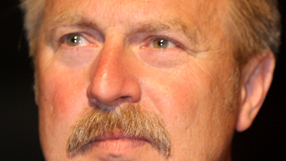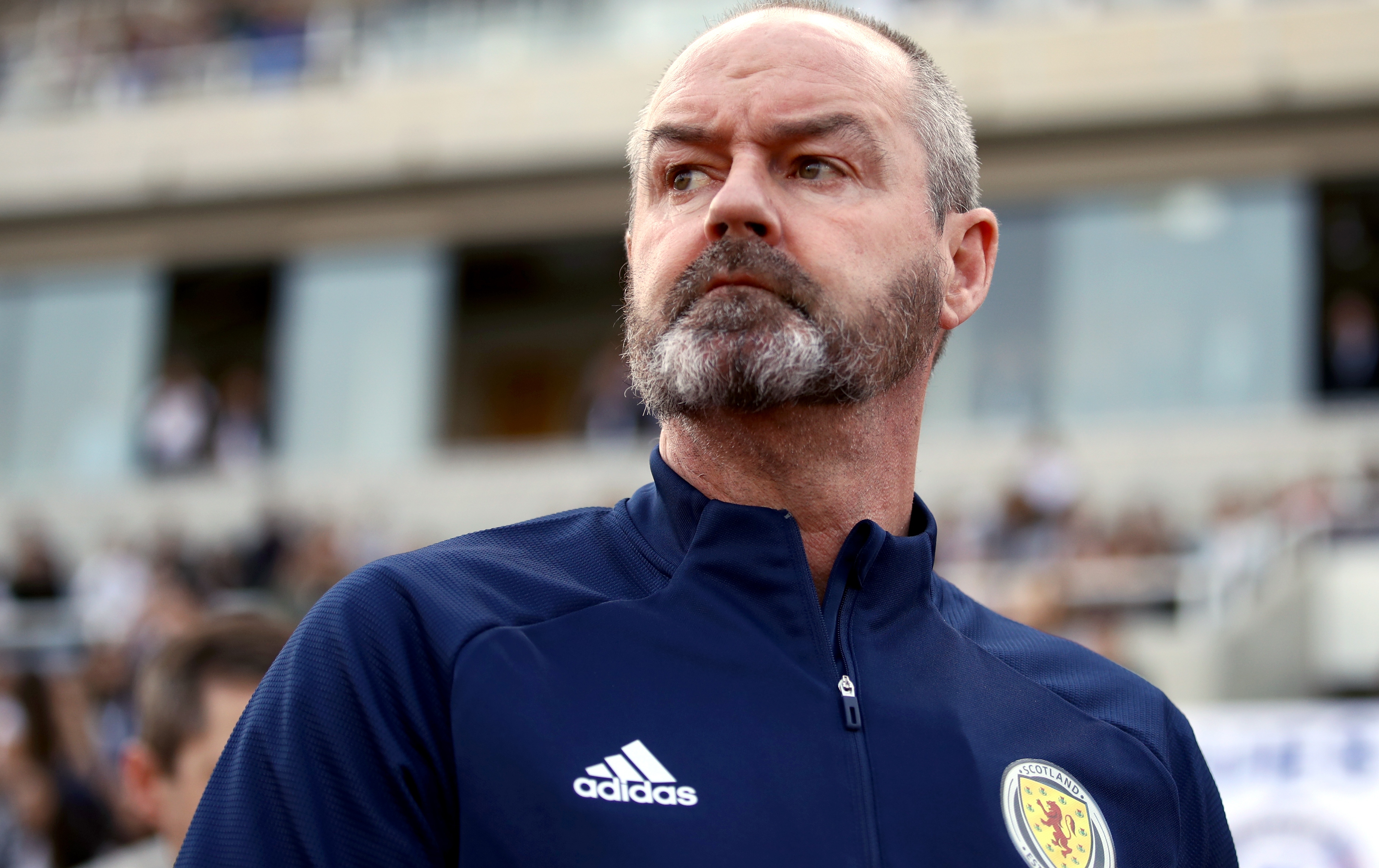
The best features, fun and footballing quizzes, straight to your inbox every week.
You are now subscribed
Your newsletter sign-up was successful
Want to add more newsletters?

Five times a week
FourFourTwo Daily
Fantastic football content straight to your inbox! From the latest transfer news, quizzes, videos, features and interviews with the biggest names in the game, plus lots more.

Once a week
...And it’s LIVE!
Sign up to our FREE live football newsletter, tracking all of the biggest games available to watch on the device of your choice. Never miss a kick-off!
Join the club
Get full access to premium articles, exclusive features and a growing list of member rewards.
His case is an extreme example but the world footballers' union FIFPro says it shows that an average player's lifestyle is often far removed from the usual image of mansions, fast cars and outrageous weddings.
The vast majority are ordinary wage-earners who in some cases find themselves in foreign countries at the mercy of unscrupulous agents and clubs or struggle to get paid on time.
They also face the added difficulty of having to start all over again in a new career when they retire in their 30s.
"The image of the player is about cars, women and money and we know that is not the reality," FIFPro general secretary Theo van Seggelen (pictured) told Reuters in an interview.
"We must be honest, we haven't made clear to the public that the opposite is the case, that the average player in the Dutch second division, for example, is making 40,000 euros per year which is not enough to survive.
"Ninety-five percent of our 60,000 members are normal workers who have to work for a salary, they have a family with young kids who have to go to school, with a mortgage for a small house and a small car.
"The difference between big players and small players is that big players have three cars in the garage, lesser-known players have a bike - but they play the same game."
The best features, fun and footballing quizzes, straight to your inbox every week.
Kuban were fined over $70,000 for wrongfully annulling Nikezic's contract. The Russian FA said it could not prove the player had suffered any physical force.
COMPUTER GAMES
Van Seggelen said it was wrong to think that players trained once a day and spent the rest of their time on computer games.
"That's not the reality," he said. "Now they have to do their individual training, they have the medical care... think about the doping control, they have their social function, they have to visit hospitals, they have their obligations towards society, as well as the travelling. It's a full-time job.
"It is very difficult to combine your career with another job or studying. At the end of his career, it takes a player two years before he realises that he has to find another job.
"Ninety-five per cent have to start a different career from scratch. And why should you employ a football player who finished school 10 years ago when you have a youngster of 20 who has the same education?"
Founded in 1965, FIFPro's influence has grown following the landmark Bosman ruling and it now represents players' unions from 43 countries and another eight are candidates to join.
In 1995, the European Court of Justice (ECJ), Europe's highest court, gave all sports professionals within the EU more freedom to change clubs in a decision named after Belgian footballer Jean-Marc Bosman, who took the case to court.
Since then, there have been strikes in Argentina, Chile, Spain and Italy as players become more organised.
Last week Peru's most successful club, Universitario, had to forfeit a league match for failing to respect the schedule for the payment of outstanding wages, part of an agreem
 Join The Club
Join The Club










